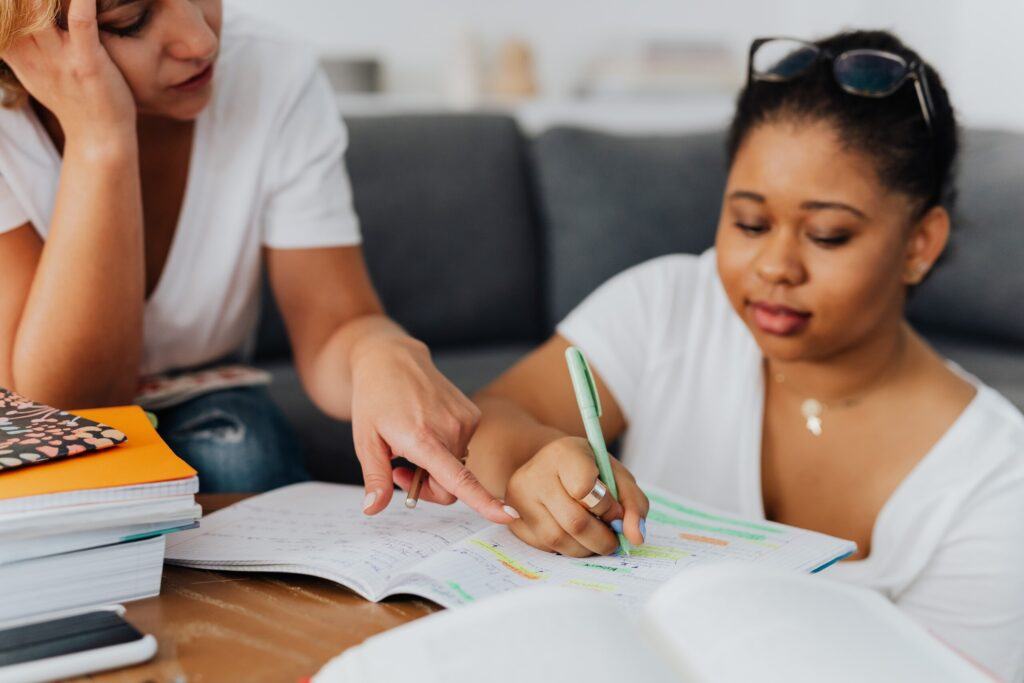Emotional Vulnerability
- Category: Relationships
- November 17, 2021
A big part of my job as a therapist is teaching people the skill of emotional vulnerability. That word skill is important. Like the ability to write well or exercise proper table manners, emotional vulnerability is a nice skill to have when you need it, which is likely more often than you think.
To give you an idea of why the skill of emotional vulnerability is so valuable, here are three specific benefits of emotional vulnerability.
1. It will reduce your anxiety Emotional vulnerability is an excellent good way to recalibrate your fear. Your brain has a built-in threat detection system. When it notices something dangerous, it sounds the alarm, pumps you full of adrenaline to prepare you to deal with the threat, and you experience the emotion of fear. For example, imagine another car blows through a stop sign and comes within inches of slamming into you.
The trick is your brain can get confused. It can easily interpret something that merely looks dangerous as a genuine threat. For example, the thought pops into your mind that your son might have gotten into a car accident on his road trip back to school. Even though the simple thought of your son getting hurt doesn’t mean anything dangerous is happening, it can lead to a similar fear response. When your brain misinterprets something benign as dangerous and makes you feel afraid when there isn’t really any reason for it, we call that anxiety. Anxiety is misdirected fear.
The reason your brain gets confused sometimes is because of you. More specifically, your reaction to your brain’s guess about what’s dangerous either confirms or denies it. If you respond to something non-threatening as if it were a threat, you’re training your brain to believe even more strongly that that thing is in fact dangerous. For example, if every time a scary but irrational thought about your kid pops into your mind you immediately call them and check to see if they’re okay, you’re teaching your brain that merely to feel afraid means something really is dangerous.
The reason most people suffer from chronic anxiety is that they’ve trained their brains to believe that feeling bad is bad—that painful emotions are dangerous. If you habitually either run away from or try to eliminate painful feelings, it sends the message to your brain’s threat-detection system to be on guard against future painful feelings. This leads to hypervigilance, which is quite stressful. Then, if you do experience a painful emotion (which you inevitably will), your brain adds anxiety on top of that initial painful emotion, which means your overall emotional reaction is compounded and extra intense.
As a result, your desire to avoid those feelings is even stronger, so you avoid them even harder, which sends an even stronger message that feeling bad is dangerous, which leads to ever-increasing levels of anxiety and emotional volatility. Most people’s baseline level of anxiety and emotional reactivity is much higher than it needs to be because they tend to immediately avoid or try and eliminate painful emotions. The antidote is emotional vulnerability.
When you feel a painful emotion and simply pause and acknowledge the emotion, you send a very different message to your brain. You train it to believe that while difficult emotions are painful, they’re not dangerous. Do this enough, and you will not only find that your overall level of anxiety is lower, but you’ll be much less emotionally reactive and volatile in general.
2. It will strengthen your relationship’s vulnerability builds trust and intimacy in relationships, which is especially important for romantic relationships and friendships.
Whenever someone comes into a session saying they wish they had deeper, higher-quality friendships. Or that they wished they felt closer to their spouse or partner, my internal reaction is usually the same: We probably need a little more emotional vulnerability here. Now that’s not to say that a lack of emotional vulnerability is the sole reason for not having good friendships or feeling intimate with your spouse or partner. Obviously, there are plenty of things that can lead to that problem.
What I mean is that learning to be more emotionally vulnerable is a great way to make new friends faster and more easily and improve your levels of intimacy with your spouse or partner. Here’s the reason: Relationships are built on trust. If you can’t trust a person to consistently act well, you’re not going to have much of a relationship: If you can’t trust your barista to make your fancy coffee drink the right way, you’re not going to have a great relationship with them. If you can’t trust your girlfriend not to talk about your relationship issues with her family, you’re probably not going to have a great relationship. If you can’t trust your spouse to remain faithful to you, it’s going to make that relationship pretty tough. Obviously, trust matters a great deal in all our relationships.
But even if you trust a friend or romantic partner on the basics (to be polite, respectful, kind, conscientious, etc.) there’s another level of trust that many people get hung up on. And it severely limits the level of intimacy and overall satisfaction in the relationship: emotional trust. The reason many relationships don’t go beyond the surface level is because one or both members of the relationship doesn’t trust the other with their emotions, especially their difficult emotions:
If you’re afraid that expressing your frustration will make your partner too anxious, you’re going to end up resentful and bitter. If you’re too afraid of your own sadness to talk with your partner about your grief, you’re going to feel lonely and isolated in your relationship, but if this partner is the direct cause of your grief, you might not want to be confiding in them because it could cause you more to hurt in the long run.
If you’re too afraid to acknowledge and share your guilt and remorse for a mistake or transgression, you will increasingly inject your relationship with half-truths and deceit. You can’t have intimacy in a relationship if you can’t trust yourself or your partner with your difficult emotions. And a relationship without intimacy is not going to be very satisfying for anyone.
On the other hand, if you’ve practiced the skill of acknowledging your own painful emotions, you’ll be able to share how you feel with your partner in a meaningful and intimate way. And what’s more, when you are willing to share your painful or difficult feelings, it sends a powerful message to your partner that it’s okay for them to do the same.
Few things will supercharge a relationship faster than emotional vulnerability.
3. It will improve your self-awareness
Emotional vulnerability helps you identify unhelpful defense mechanisms and emotional blind spots. As we discussed earlier, we all instinctively recoil from emotional pain. It’s human nature to avoid pain and emotional pain is no exception.
And while we can often catch ourselves doing this, and then adjust our behavior if it’s not helpful, sometimes our habits of emotional avoidance are so old and entrenched that we don’t even see them, which is why it is important to keep the idea of emotional vulnerability as a strength and not a weakness.



